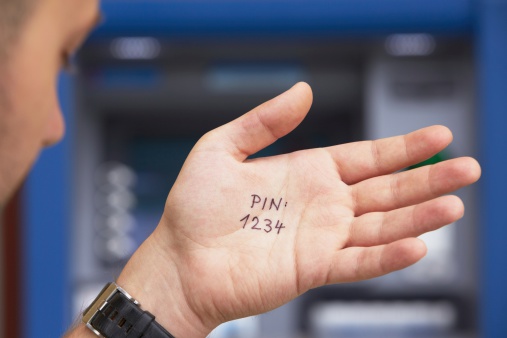 Ensuring the protection of your accounts and data is an ongoing struggle. Passwords at times seem inefficient, especially when a few letters are all that’s keeping your sensitive information protected. Good news – biometric markers such as fingerprint authentication could replace passwords in as little as 12 months.
Ensuring the protection of your accounts and data is an ongoing struggle. Passwords at times seem inefficient, especially when a few letters are all that’s keeping your sensitive information protected. Good news – biometric markers such as fingerprint authentication could replace passwords in as little as 12 months.
In fact, you may already be using biometric access as services such as Apple Pay require users to scan their fingerprints to carry out a transaction. Recently the senior vice president of risk products and business intelligence at Visa, Mark Nelsen, pointed out Braintree as a leader of this type of technology. Based out of Chicago, Braintree is a payment processor and software developer that was purchased by PayPal in 2013. They design applications with unique authentication capabilities and then license them out to other companies who wish to employ them.
Advancements such as using voice authentication or fingerprints to access data would be a huge step above the typical letter-and-number combination passcodes. Not only would it keep personal devices safer, but company’s trying to protect their data will see the benefits of greater restriction.
It can be hard to get businesses to adapt to new technology and learn to trust it, but once it become more pervasive and with proper education available, it will be clear that biometric markers are the superior way to restrict access. While it can be expensive for small business to implement at first, software companies will likely provide more affordable applications with comparable capabilities.
The process has been a long time coming and naturally will still take some time to roll out – many companies are likely to continue offering traditional password authentication in addition to biometric options, giving customers a choice. For now, other options such as tokenization, a process where real data is swapped with placeholder values and the information which can reveal the changes is stored separately, are also helping to improve security. Even if a hacker manages to get a hold of encrypted or tokenized data, it would be totally useless.
Keeping your company’s private data safe is about to get much easier. To learn more information about network security, contact us by phone or email.
